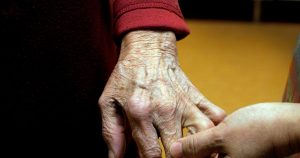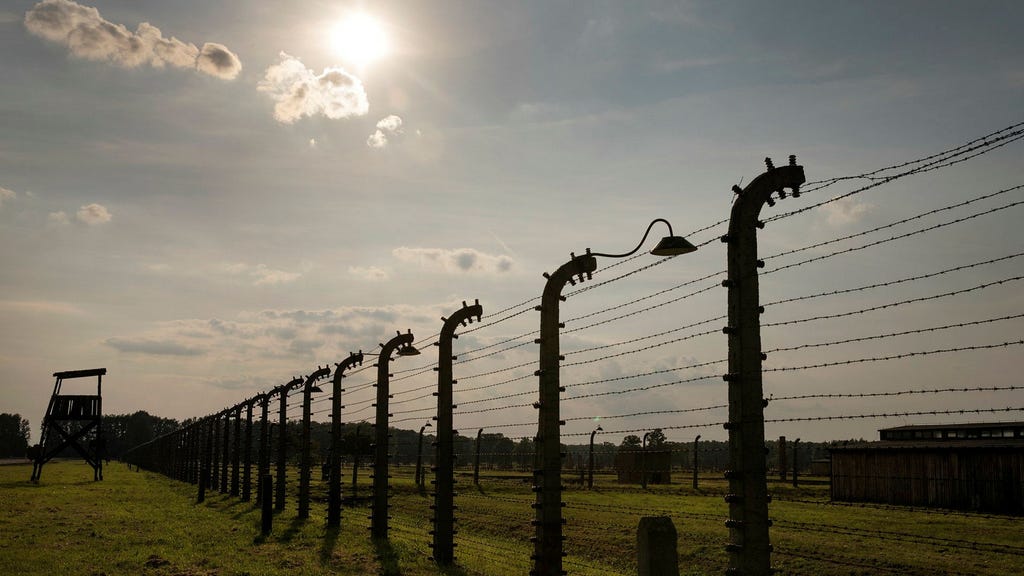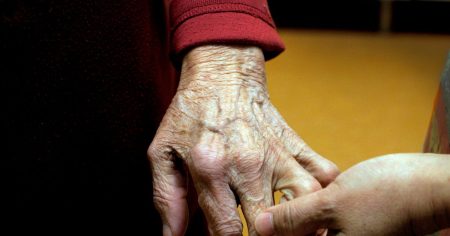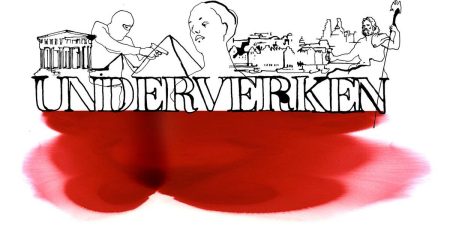The Holocaust, a period of systematic state-sponsored persecution and murder of six million Jews by the Nazi regime and its collaborators, is often portrayed as an incomprehensible abyss of inhumanity, a descent into hell. This characterization, while conveying the sheer scale of horror, risks obscuring a critical fact: the Holocaust was perpetrated by human beings. It was the result of deliberate choices, meticulously planned policies, and the active participation of individuals across a spectrum of roles, from high-ranking officials to ordinary citizens. The dehumanizing language used to describe this genocide can inadvertently shield us from confronting the uncomfortable reality of human agency and responsibility. Remembering the Holocaust, therefore, demands not only acknowledging the suffering of the victims but also understanding the human mechanisms that enabled such atrocities. This year marks the 80th anniversary of the liberation of Auschwitz, the largest Nazi concentration and extermination camp, a stark reminder of the industrialized nature of the Holocaust and the depths of human depravity. Commemorating this anniversary serves as a crucial moment for reflection, education, and renewed commitment to preventing such horrors from ever occurring again. Literature plays a vital role in this endeavor, offering a powerful lens through which to examine the complex historical, social, and psychological dimensions of the Holocaust.
Literature, unlike dry historical accounts or statistical summaries, has the unique capacity to convey the human experience of the Holocaust in all its complexity and nuance. Through the voices of survivors, witnesses, and even perpetrators, literature allows us to connect with the emotional and psychological realities of those who lived through this dark period. Memoirs, such as Primo Levi’s “Survival in Auschwitz” and Elie Wiesel’s “Night,” provide firsthand accounts of the horrors within the concentration camps, exposing the systematic dehumanization, the relentless brutality, and the constant struggle for survival. These narratives not only document the historical facts but also capture the profound psychological impact of trauma, loss, and the erosion of human dignity. They allow readers to glimpse into the inner lives of those who endured unimaginable suffering, fostering empathy and understanding across generations.
Beyond individual accounts, fiction also plays a crucial role in exploring the broader context of the Holocaust. Novels like Art Spiegelman’s “Maus,” a graphic novel that depicts Jews as mice and Nazis as cats, offer an allegorical approach to understanding the complex dynamics of persecution and resistance. By using animal characters, Spiegelman creates a distance that allows readers to grapple with the difficult subject matter while simultaneously highlighting the dehumanizing nature of prejudice and discrimination. Other fictional works, such as Markus Zusak’s “The Book Thief,” which tells the story of a young girl living in Nazi Germany, offer a window into the lives of ordinary people caught in the grip of extraordinary circumstances, demonstrating how propaganda, fear, and social pressure can contribute to the normalization of evil.
Furthermore, literature provides a platform for examining the ethical dilemmas and moral complexities of the Holocaust. Works like Hannah Arendt’s “Eichmann in Jerusalem: A Report on the Banality of Evil” explore the disturbing phenomenon of how seemingly ordinary individuals can become complicit in horrific crimes. Arendt’s analysis of Adolf Eichmann, a key figure in the organization of the Holocaust, challenges the notion of perpetrators as inherently monstrous, suggesting that even bureaucratic functionaries can become instruments of genocide through a combination of blind obedience, ideological indoctrination, and a lack of critical thinking. Such explorations force us to confront uncomfortable truths about human nature and the potential for evil to reside within seemingly ordinary individuals.
The power of literature lies in its ability to transcend factual accounts and engage with the human stories behind historical events. By exploring the motivations, fears, and choices of individuals, literature offers a deeper understanding of the complex factors that contributed to the Holocaust. It allows us to move beyond simplistic notions of good versus evil and grapple with the nuanced realities of human behavior in extreme circumstances. This nuanced understanding is crucial for preventing future atrocities, as it equips us to recognize the warning signs of intolerance, discrimination, and dehumanization that can pave the way for genocide.
As we commemorate the 80th anniversary of the liberation of Auschwitz, literature serves as a vital tool for remembrance, reflection, and education. It reminds us that the Holocaust was not an abstract historical event but a human tragedy with profound implications for our understanding of ourselves and our world. By engaging with the voices and stories of those who experienced the Holocaust, we can learn valuable lessons about the dangers of prejudice, the importance of empathy, and the enduring power of the human spirit to resist even in the face of unimaginable suffering. Literature, in its ability to bridge the gap between past and present, becomes a powerful force for promoting tolerance, understanding, and a shared commitment to ensuring that “never again” becomes a reality.














